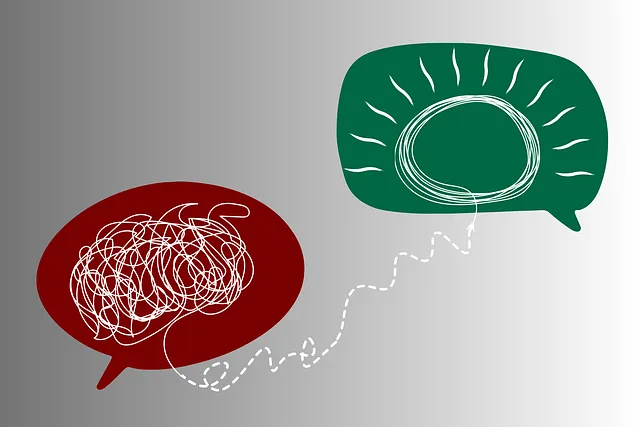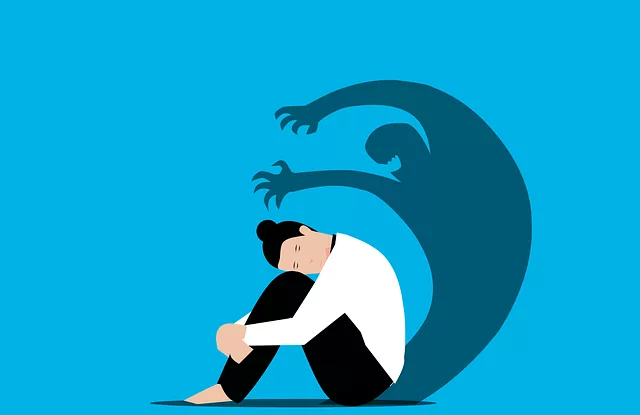Burnout among healthcare providers at Kaiser Permanente's mental health locations is a growing concern, with subtle symptoms often overlooked. Early signs include increased fatigue, sleep disruptions, reduced productivity, heightened stress, and physical complaints. Recognizing these indicators is crucial for Mental Health Awareness, Anxiety Relief, and Self-Esteem enhancement among staff. Kaiser Permanente offers strategically designed mental health centers prioritizing cultural sensitivity, promoting mindfulness meditation, flexible scheduling, and comprehensive self-care resources to prevent burnout. These initiatives foster a sustainable work environment, improve provider retention, and enhance patient care at Kaiser Permanente mental health locations.
Healthcare provider burnout is a growing concern, yet preventable. This article explores vital strategies to combat fatigue among medical professionals, focusing on early sign recognition and evidence-based solutions. We delve into the role of organizations like Kaiser Permanente’s mental health services as supportive resources. By examining sustainable work environments, self-care practices, and fostering resilient mindsets, we aim to equip healthcare workers with tools to thrive. Discover how these strategies, including leveraging superior mental health locations, can mitigate burnout and enhance patient care.
- Recognizing Burnout in Healthcare Providers: Early Signs and Symptoms
- Kaiser Permanente Mental Health Locations: A Resource for Support and Prevention
- Creating a Sustainable Work Environment: Strategies for Burnout Prevention
- Empowering Healthcare Professionals: Self-Care Practices and Resilient Mindset
Recognizing Burnout in Healthcare Providers: Early Signs and Symptoms

Burnout among healthcare providers is a growing concern, with symptoms often emerging gradually and going unnoticed. Early signs can include increased fatigue, both physically and emotionally, leading to reduced motivation and satisfaction in work. Healthcare professionals may also experience changes in sleep patterns, such as insomnia or excessive sleeping, alongside a decline in productivity and focus. Additionally, elevated levels of stress, irritability, and even physical complaints like headaches or digestive issues can signal burnout.
At Kaiser Permanente mental health locations, recognizing these signs is crucial for fostering Mental Health Awareness and promoting Anxiety Relief and Self-Esteem Improvement among staff. Early intervention is key to preventing burnout’s progression, ensuring healthcare providers can continue delivering quality care.
Kaiser Permanente Mental Health Locations: A Resource for Support and Prevention

Kaiser Permanente mental health locations stand as a beacon of hope and support for healthcare providers facing burnout. With a network of superior facilities across various regions, these centers are strategically designed to cater to the unique emotional healing processes of mental health professionals. The integration of cultural sensitivity in mental healthcare practice is a cornerstone of these locations’ philosophy. By fostering an environment that respects diverse backgrounds and perspectives, Kaiser Permanente ensures that providers feel valued and empowered.
These mental health hubs also promote proactive burnout prevention strategies. Mindfulness meditation sessions are often incorporated into the routine to help providers achieve mental clarity and maintain work-life balance. Through regular engagement in these activities, healthcare professionals can develop resilience, enhancing their ability to navigate the challenges of their careers while providing superior care for their patients.
Creating a Sustainable Work Environment: Strategies for Burnout Prevention

Creating a sustainable work environment is a key strategy for preventing burnout among healthcare providers, especially in demanding fields like mental health services. Organizations such as Kaiser Permanente can play a vital role in fostering this by implementing policies that promote work-life balance and well-being. One effective approach is to offer flexible scheduling options, allowing professionals to manage their workload according to personal needs, which can significantly reduce stress levels.
Furthermore, investing in mental health education programs and training sessions on cultural sensitivity in mental healthcare practice can empower staff. These initiatives ensure that providers feel equipped to handle diverse patient populations and sensitive issues, enhancing job satisfaction. Social skills training, for instance, can improve communication and relationship-building abilities, creating a more supportive work environment. By integrating these strategies, Kaiser Permanente mental health locations can superiorly support their staff, leading to improved provider retention and ultimately better patient care.
Empowering Healthcare Professionals: Self-Care Practices and Resilient Mindset

In the high-pressure environment of healthcare, empowering professionals to adopt self-care practices and cultivate a resilient mindset is paramount. Kaiser Permanente mental health locations play a crucial role in supporting staff by offering comprehensive resources for stress management and mental wellness. This includes access to counseling services, therapy programs, and even mental wellness podcast series production designed to boost confidence and provide respite from the demands of their roles. By prioritizing self-care, healthcare professionals can enhance their ability to connect with patients, improve patient outcomes, and foster a more sustainable career path.
Additionally, integrating mindfulness meditation techniques into daily routines has proven effective in reducing burnout. These practices encourage professionals to take a step back, focus on the present moment, and cultivate a deeper sense of calm. The benefits extend beyond individual well-being; they contribute to a more positive work environment, improved patient satisfaction, and overall superior care delivery.
Healthcare provider burnout is a pressing issue, but with the right strategies, it can be prevented. By recognizing early signs and symptoms, utilizing resources like Kaiser Permanente’s mental health locations for support, creating sustainable work environments, and empowering professionals to practice self-care and cultivate resilience, we can foster a healthier, more fulfilling workforce. Incorporating these strategies can lead to improved job satisfaction and well-being, ultimately enhancing patient care across the board. So, let’s prioritize burnout prevention and create a superior environment for both healthcare providers and the patients they serve.






